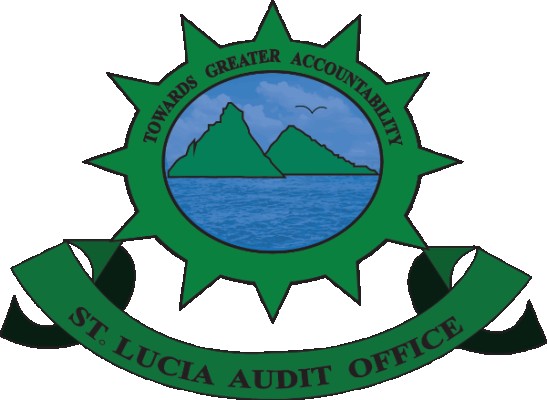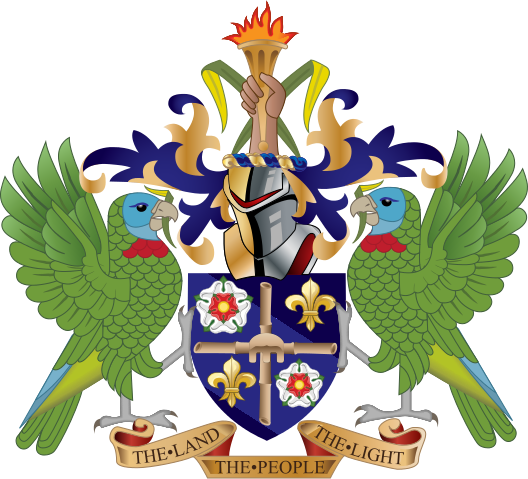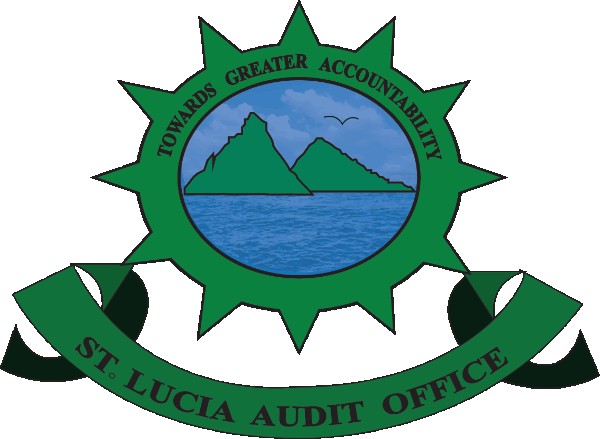Saint Lucia has a democratic government, which grew from colonial times. In this system, Parliament, the representative of the people, have the overall control over public funds. To this end the government of the day, must have the approval of Parliament, before it collects or spends the public funds. Equally important, the government must also account for its handling of the funds entrusted to it.
The office of the Director of Audit was established in the St. Lucia Constitution Order No.12 of 1978 and the Audit Act No. 26 of 1988.
The Audit Act enables the Director of Audit to assist Parliament in holding the Government accountable. Section 7 of the Audit Act empowers the Director of Audit to examine the accounts of Saint Lucia including those relating to the Consolidated Fund; Public Bodies; Statutory Bodies Government Companies. These audits will enable members of Parliament to obtain information to judge whether Government spent public funds for purposes authorized by Parliament and resources are used economically and efficiently. The Audit Office therefore plays an important role in the process by which Saint Lucians are governed.
It should be borne in mind that the nomenclature 'Director of Audit' was adopted consequent upon the political development of St Lucia from 'colony to state' and ultimately, an independent nation. Other nomenclatures previously used were - Auditor, and Senior Auditor. But irrespective of the various designations, the function of the person appointed Head of the Audit office remained basically the same to ensure accountability. Available records indicate that during the period 1949 to 2001 some ten (10) persons served in the position of ‘Head of Audit Department’ and thus functioned as 'Director Of Audit'.








